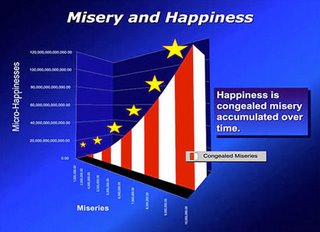Coal Country the movie
 I just finished watching Coal Country a documentary about the devastating affects of strip coal mining in Appalachia. Shockingly, over half of the electricity in the US is still produced with coal so this is not just an issue for the people of Appalachia, but for the whole country. Coal Country documents the environmental devastation wrought by the coal companies, and the crushing affects their new strip mining (mountain top elimination) methods are having on local communities. Its not just about jobs, its about the quality of life for an entire region struggling under the the big business monopolies created in the past 30 years. If you are a consumer, and are interested in our nation's environmental future, I highly recommend this movie.
I just finished watching Coal Country a documentary about the devastating affects of strip coal mining in Appalachia. Shockingly, over half of the electricity in the US is still produced with coal so this is not just an issue for the people of Appalachia, but for the whole country. Coal Country documents the environmental devastation wrought by the coal companies, and the crushing affects their new strip mining (mountain top elimination) methods are having on local communities. Its not just about jobs, its about the quality of life for an entire region struggling under the the big business monopolies created in the past 30 years. If you are a consumer, and are interested in our nation's environmental future, I highly recommend this movie.Labels: coal, consumption, energy, environment




